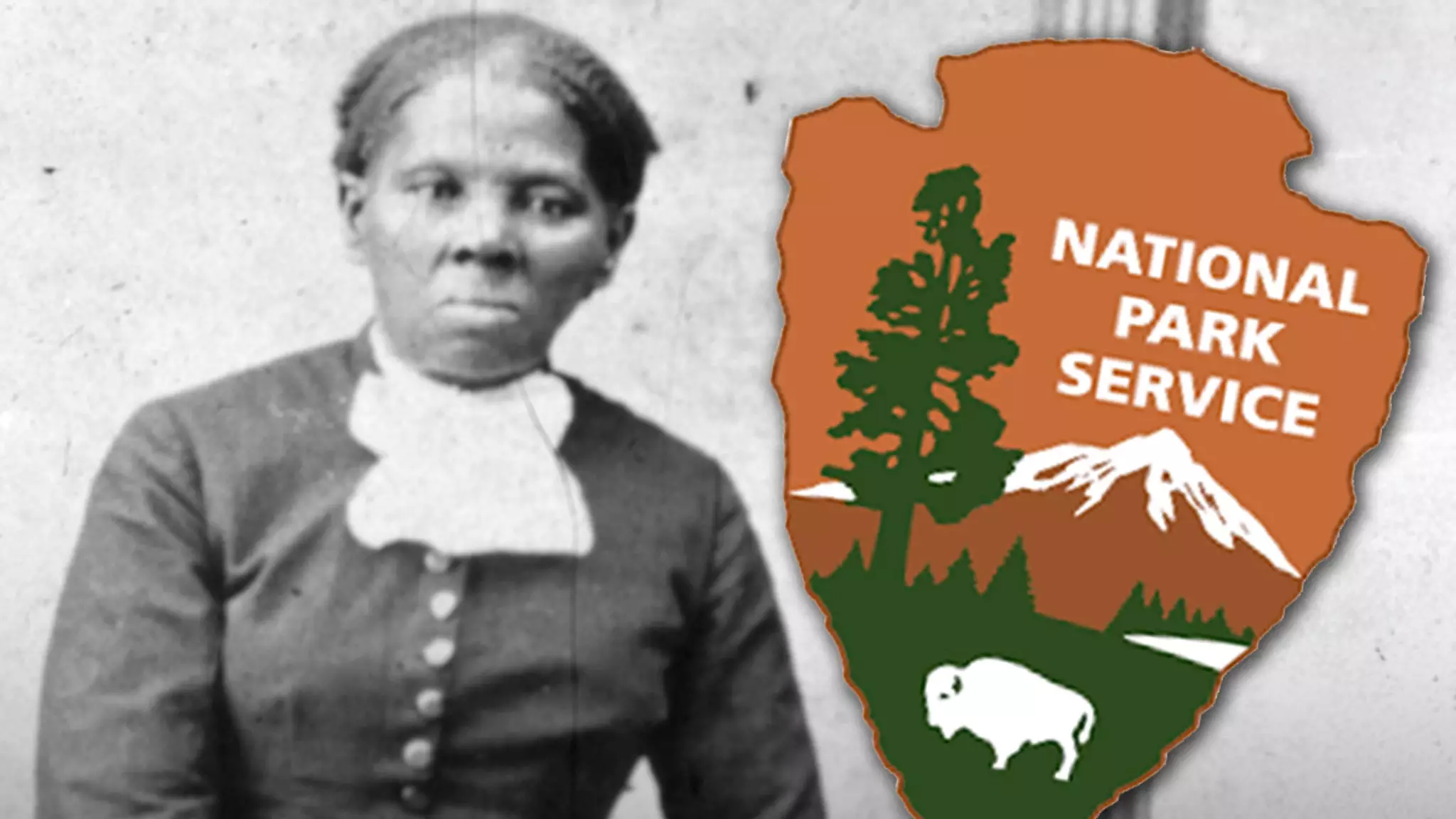In a recent incident that has sparked outrage among historians and activists alike, Harriet Tubman’s family expressed their deep dissatisfaction with the National Park Service (NPS) after it inexplicably removed her photo and quote from its Underground Railroad webpage. The removal, viewed as an affront to Black history—integral to American history—left members of Tubman’s family, including her relative Rita Daniels, feeling disheartened and bewildered. As the founder of the Harriet Tubman Learning Center and a passionate voice in the fight for racial justice, Daniels’s shock reflected a broader sentiment: that any alteration or erasure of notable Black figures from American narratives is an act of historical violence.
The Context of Erasure
What makes this development particularly alarming is the timing. Amid President Trump’s administration, which has been characterized by an overt push against diversity, equity, and inclusion (DEI) initiatives, Tubman’s erasure fits a troubling pattern. Historically significant figures, especially those associated with struggles for freedom and equality, seem to be systematically diminished or removed from public consciousness. Tubman’s legacy, defined by her fearless efforts to guide enslaved individuals toward freedom and her role in the Civil War, was overshadowed in favor of minimizing the narrative surrounding systemic racism in America. The situation culminated in a poignant question posed by Daniels: why does the history of Black Americans seem to threaten certain individuals and organizations?
The Bigger Picture: Racism and Resilience
The removal of Tubman’s image isn’t an isolated incident but part of a continuum that connects to the erosion of critical discussions surrounding race in America. The previous removals of references to pioneers like Jackie Robinson and the Tuskegee Airmen from governmental dialogues subtly contribute to an unsettling trend: the sanitization of history. The December 2020 insurrection at the Capitol was a startling reminder that political and social divisions based on race are, unfortunately, still prevalent. However, amidst this hostility appears a glimmer of hope—a burgeoning group of “new abolitionists,” committed to challenging these injustices and reclaiming historical narratives.
Restoration, but at What Cost?
In response to significant public backlash, the NPS reinstated Tubman’s photo and restored references to the assistance she provided for enslaved individuals escaping to freedom. Nonetheless, the damage had already been done. This incident serves as a stark reminder of how easily history can be altered or forgotten, especially when political agendas strive to simplify the complex legacy of America. Tubman’s contributions were not just beneficial for Black communities; they are foundational to the overall fabric of the nation. Rita Daniels emphatically stated, “Leave my great auntie alone!” This passionate plea underscores a collective understanding: Harriet Tubman’s legacy deserves not only preservation but reverence.
The challenges of maintaining an accurate account of American history cannot be understated. It demands vigilance from all of us, as alterations to the past can significantly shape our understanding of the present and the future.

